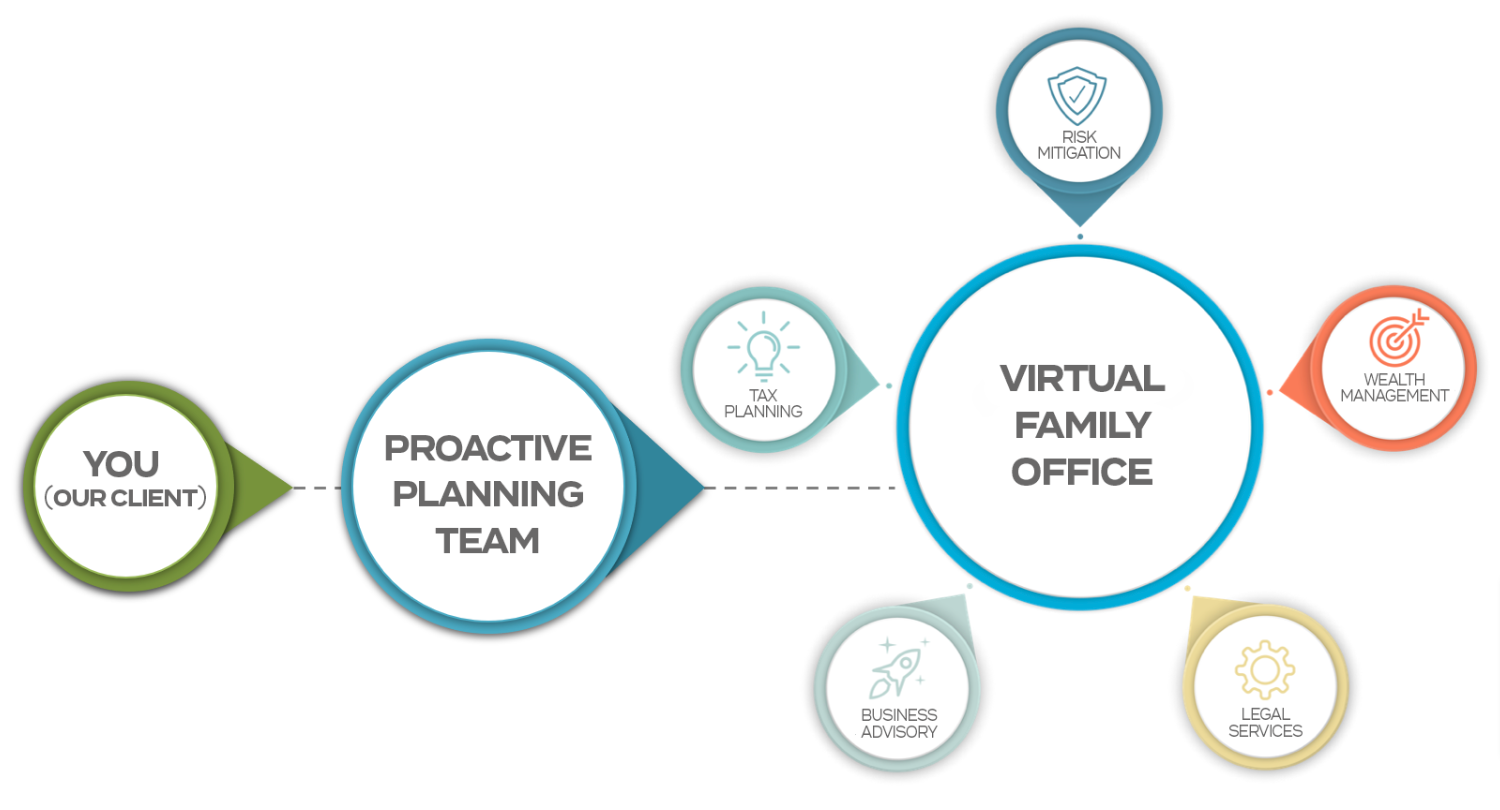Experts warn of tax scams as deadline nears
h/t Waukesha Freeman Experts warn of tax scams as deadline nearsTechnology has offered new opportunities for fraud |
|
| By: DAVE FIDLIN – Special to The Freeman | April 1, 2017 |
| BROOKFIELD — With weeks to go before the tax filing deadline, swaths of people motivated by deadlines will be handing over sensitive information to professionals to have documents drawn up. Amid the flurry of activity, local professionals are cautioning people to be mindful of when and where they are giving out sensitive personal information, including Social Security numbers and financial histories. As with many aspects of life, electronic methods have increased the ease and efficiency in having tax documents prepared. But those same electronic methods have also presented a new series of opportunities for scammers. “We don’t encourage people to send much information by email,” said Neil Keller, a partner-in-charge of tax services at Sikich LLP’s Brookfield office. “Emails can be intercepted very easily.” In lieu of sending electronic copies of important documents by email, Keller said he recommends people send their data through a secure, encrypted file sharing service that has more safeguards up against scammers, hackers and other persons who might attempt fraudulent activity. Enhanced technology also has eased scammers’ ability to access Social Security numbers, despite the litany of safeguards that are in place. Nick Hammernik of West Allis-based tax services firm Hammernik and Associates said he has met with several clients in recent years that have fallen victim to identity theft. Scammers had fraudulently filed tax returns under the victims’ Social Security numbers and names. While filing taxes at the last minute does not have any inherent penalties, Hammernik said filing early in the tax season lessens a scammer’s ability to fraudulently use a victim’s Social Security number. “Unfortunately, once a person’s Social Security number has been used fraudulently, they can’t file through the traditional method,” Hammernik said. “You have to fill out an identity theft affidavit, and the (Internal Revenue Service) issues you a PIN number.” Because of its authority, Keller said people tend to be intimidated by the IRS. Scammers take advantage of this fear, he said, as evidenced by the prevalence of phone scams that have cropped up in recent years. There have been widespread reports of scammers claiming to be with the IRS and demanding, over the phone, that sensitive information be furnished. Keller said he was the recipient of once such call recently. “The most important thing people should know is the IRS operates a lot by mail,” Keller said. “They won’t be calling you over the phone for information, especially during a first attempt.” Technology aside, Hammernik said it is important to remember some tried-and-true pieces of wisdom that were important long before computers took hold of everyday life. “It’s important you are trusting who you are giving your tax returns to,” Hammernik said. “They should be a licensed professional.” Keller said he encourages people to be mindful of where they store any physical paper copies of documents linked to tax preparation. “Anything you don’t want should be shredded,” Keller said. “This is especially true if it has your Social Security number on it. Anything you do want should be kept in a secure place.”
|
|
The post Experts warn of tax scams as deadline nears appeared first on Talking Tax to Milwaukee.
See More Blog Posts








